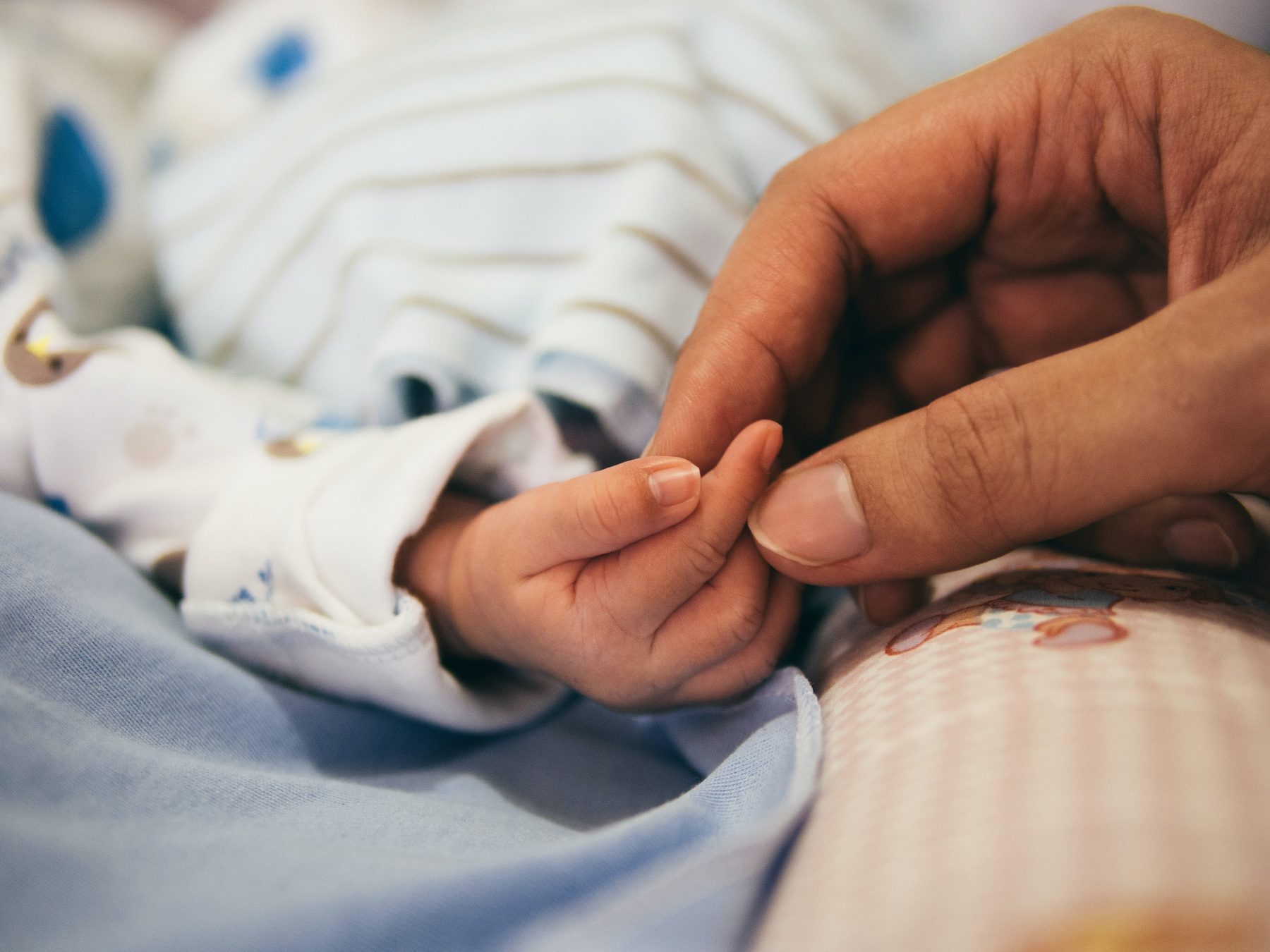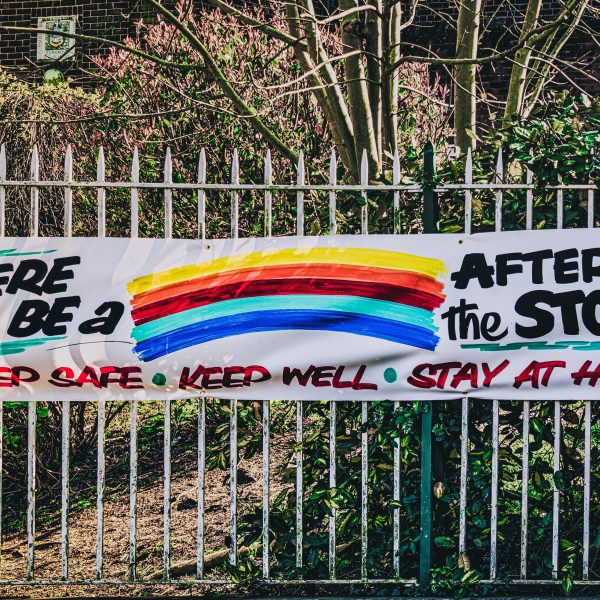Report reveals children continue to be separated from culture at an alarming rate

The Family Matters Report 2020, released yesterday, reveals that Aboriginal and Torres Strait Islander children continue to be separated from families and culture “at an alarming rate.”
With the majority of the children removed being permanently separated from their parents, the “rising tide” is of significant concern to the report writers, given the disruption in connection to community and culture.
“Our children are 9.7 times more likely to be living away from their families than non-Indigenous children, an over-representation that has increased consistently over the last ten years. It is time to completely change this broken system that is not working for our kids,” Family Matters Chair Sue-Anne Hunter said.
While Aboriginal and Torres Strait Islander children only represent six per cent of the total population of children in Australia, they represent 37 per cent of the total population of all children who have been removed from the care of their parents.
Without urgent action, report authors note, the number of Aboriginal and Torres Strait Islander children in out-of-home care is projected to double by 2029.
There is a “concerning trend” developing whereby Aboriginal and Torres Strait Islander children are put into permanent placement, and a rise in adoptions of Aboriginal and Torres Strait Islander children. 81 per cent of Aboriginal and Torres Strait Islander children in out-of-home care are living permanently away from their birth parents until the age of 18 years.
In 2018-19, there were 19 adoptions. Of these, 95 per cent of adoptions of First Nations children have been to non-Indigenous carers, and all occurred in New South Wales and Victoria.
“Permanently removing our children from their family and ties to community is not the answer to a happy, healthy and safe upbringing,” Ms Hunter said.
“We have learnt from the Stolen Generations that removal leads to continued disadvantage and intergenerational trauma for our children,” she continued, saying that the majority of Aboriginal and Torres Strait Islander children are “thriving, supported in family, community and culture.”
“Connection to culture is crucial for our children to develop their own sense of identity, connection and belonging.”
Since 2013, the rate of Aboriginal and Torres Strait Islander children in out-of-home care placed with Aboriginal and Torres Strait Islander carers has dropped significantly from 53.6 per cent to 43.8 per cent in 2019.
By the age of five, Aboriginal and Torres Strait Islander children are 2.5 times more likely to have developmental vulnerabilities, and are 28 per cent less likely to attend early childhood education and care than non-Indigenous children.
Owing to the impacts of reduced household income and access to safe and healthy housing, the capacity of families to provide safe and supportive care for children is lessened.
Aboriginal and Torres Strait Islander families are 10 times more likely to live in social housing than non-Indigenous families, and nearly one in three (31.4 per cent) Aboriginal and Torres Strait Islander people are living below the poverty line.
While the new National Agreement on Closing the Gap was signed in 2020 and includes a target to reduce the rate of over-representation of Aboriginal and Torres Strait Islander children in out-of-home care by 45 per cent by 2031, the report highlights that progress toward this goal needs further attention.
In order to meet the target, authors called for increased prevention and early intervention support to families, and for support to safely reunify when children have been removed.
The report highlights states and territories that are leading the way to enable self-determination for Aboriginal and Torres Strait Islander people in child protection including through family-led decision-making programs and the delegation of child protection services to Aboriginal community-controlled organisations.
While Family Matters commended the appointment of Aboriginal commissioners in Queensland, South Australia and Victoria, the group advocated for a national commissioner for Aboriginal and Torres Strait Islander children and young people to ensure oversight of child protection services and a focus on protecting children’s rights.
“By investing in Aboriginal-led solutions, closing the gap on education and employment outcomes and supporting our families with essential early intervention and prevention services, we can work towards ensuring our children have the best opportunities to live happy and healthy lives,” Ms Hunter said.
To read the full report, please see here. A data snapshot, and key findings briefing are also available.
Popular

Workforce
Policy
Quality
Practice
Provider
Research
ECEC must change now, our children can’t wait for another inquiry
2025-07-02 07:47:14
by Fiona Alston

Practice
Provider
Quality
Workforce
Leading with Curiosity: How distributed leadership is redefining the future of early childhood education
2025-07-03 07:42:07
by Contributed Content

Events News
Workforce
Marketplace
Practice
Quality
Provider
Research
An exclusive “Fireside Chat” with ECEC Champion Myra Geddes
2025-07-01 11:25:05
by Fiona Alston













